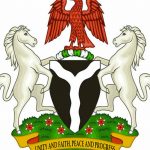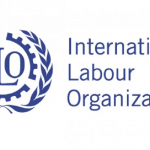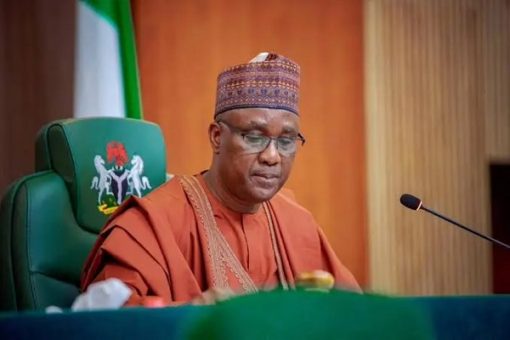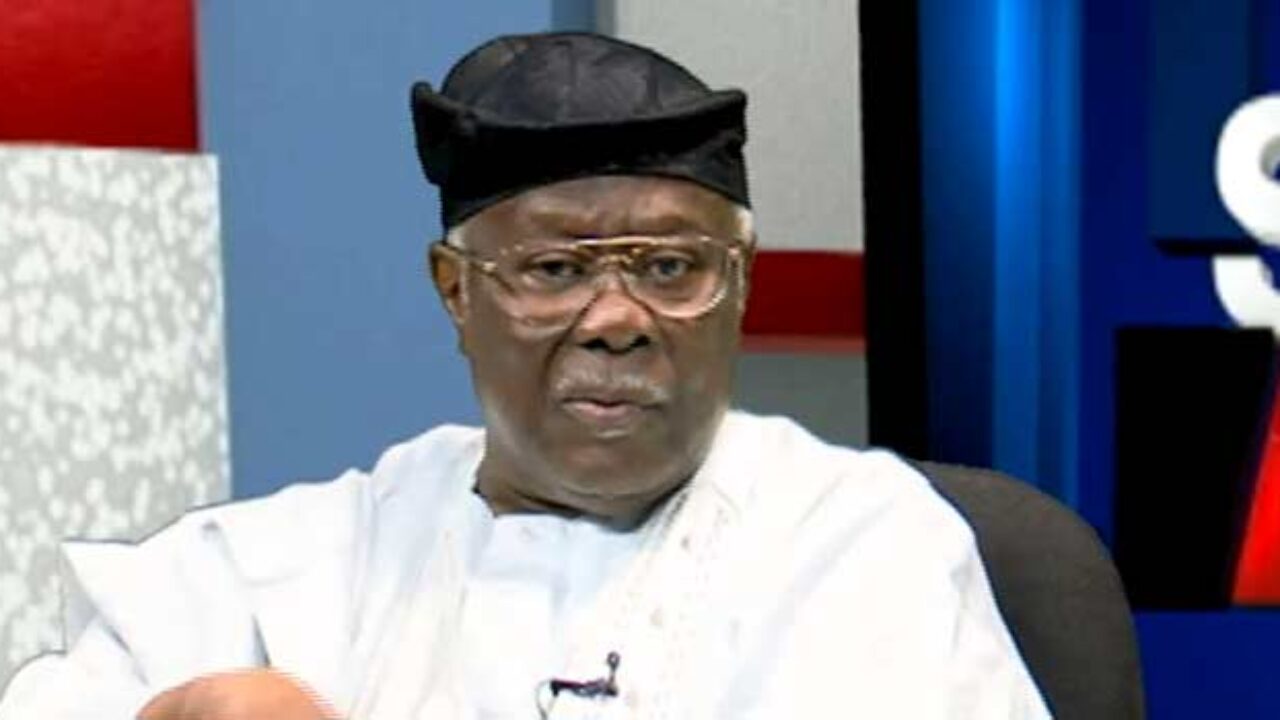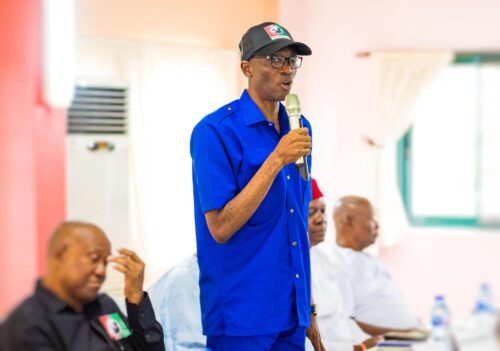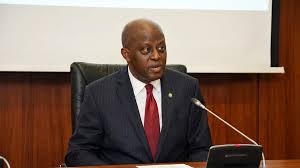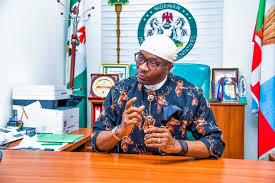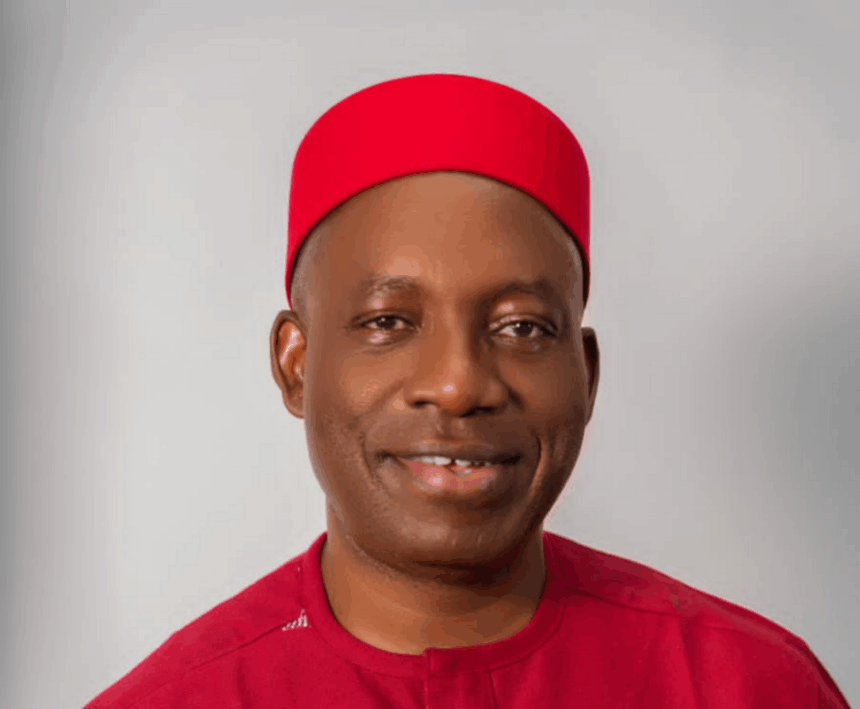WD: Minister identifies key challenges, seeks increased national investment in women empowerment
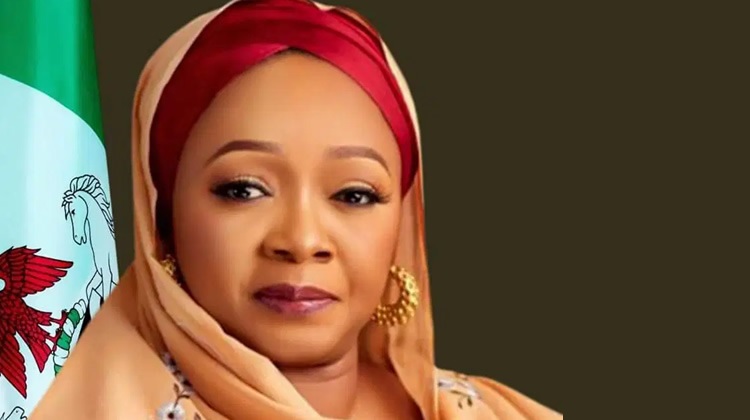
The Federal Government of Nigeria has outlined four major challenges restricting Nigerian women from achieving their full potential and contributing to national development.
Minister of Women Affairs, Imaan Sulaiman-Ibrahim, highlighted these issues during a media briefing in Abuja on Thursday to kick off the 2025 International Women’s Day celebrations under the theme “Accelerate Action for All Women: Rights. Equality. Empowerment.”
According to the Minister, the key challenges include legal and policy frameworks, economic empowerment, gender-based violence and social norms, and political representation.
She noted that while Nigeria has made progress with gender-responsive laws like the Violence Against Persons (Prohibition) Act (VAPP) and the Child Rights Act, full implementation remains a hurdle. Currently, only 35 states have domesticated the VAPP Act, while 34 states have adopted the Child Rights Act.
“Full compliance, effective enforcement, and accountability are necessary to ensure these laws protect every Nigerian woman and girl,” she stated.
READ ALSO: E-paper: 10 things you need to know on The DailytimesNGR
On economic empowerment, Sulaiman-Ibrahim emphasized that women own 41% of Micro, Small, and Medium Enterprises (MSMEs) but face barriers such as limited access to finance and markets. She revealed that under the Nigeria for Women Project Scale-Up, at least 4.5 million women will receive support to bridge this gap.
Addressing gender-based violence, the Minister cited alarming statistics, including that over 30% of Nigerian women aged 15-49 have experienced physical violence, and one in four girls has suffered sexual abuse before age 18. She pointed to recent tragic cases across the country as evidence of an ongoing crisis that demands urgent intervention.
Furthermore, she decried women’s underrepresentation in politics, noting that only 4 out of 109 Senators and 17 out of 360 House of Representatives members are women. Fifteen states currently have no female lawmakers.
To address these challenges, Sulaiman-Ibrahim called for increased national investments in women’s empowerment rather than relying solely on donor funding. She praised President Bola Tinubu for significantly increasing the Ministry’s budget, marking a historic shift in government commitment to gender equality.
The Minister reaffirmed the administration’s commitment to advancing women’s rights, economic inclusion, and political representation, ensuring a more equitable future for Nigerian women and girls.


